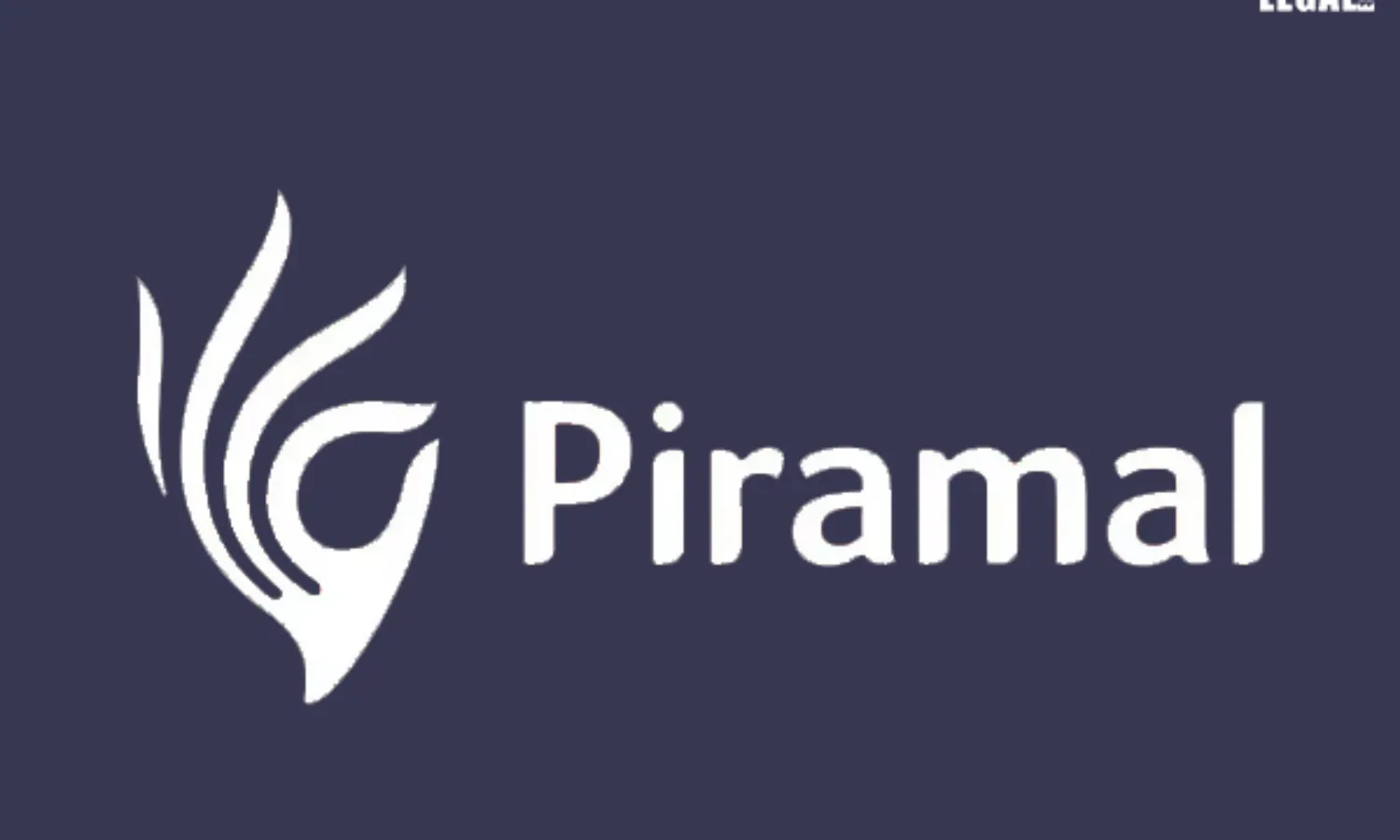Supreme Court: Illegal Amount Recovered From DHFL Must Go To Piramal
The bench set aside the ruling of the NCLAT;

Supreme Court: Illegal Amount Recovered From DHFL Must Go To Piramal
The bench set aside the ruling of the NCLAT
The Supreme Court has ruled that the money recovered under the Insolvency and Bankruptcy Code (IBC) related to fraudulent transactions by Dewan Housing Finance Corporation Ltd (DHFL) must be paid to the successful resolution applicant, Piramal Capital & Housing Finance Ltd.
A bench of Justice Bela Trivedi and Justice Satish Chandra Sharma upheld the resolution plan (RP), setting aside the judgment of the National Company Law Appellate Tribunal (NCLAT), which held that the amount must go to the creditors.
The court stated, “The judgment and the order of the NCLAT is set aside. The order passed by the National Company Law Tribunal (NCLT) is upheld. The NCLT shall decide the avoidance applications. Recoveries from avoidance shall be given to the Committee of Creditors (CoC), while recoveries from fraudulent transactions must be paid to the Successful Resolution Application (Piramal).”
The bench emphasized the limited role of the NCLT while approving or rejecting the RP passed by the CoC, stating it complied with the banking laws.
The matter was about the Corporate Insolvency Resolution Process (CIRP) initiated against DHFL in 2019 on an application by the Reserve Bank of India (RBI). It claimed a default by DHFL in the repayment of an External Commercial Borrowing (ECB) loan to the State Bank of India (SBI).
The CoC eventually approved the RP submitted by Piramal.
The plan assigned a token value of Rs.1 to potential recoveries from fraudulent transactions under Section 66 of the IBC. This allowed Piramal to retain the future proceeds. The NCLT upheld the RP.
Meanwhile, the provision was challenged by 63 Moons Technologies Ltd and other fixed deposit holders (creditors), who argued that proceeds from fraudulent transactions should be distributed to the creditors and not the resolution applicant.
According to 63 Moons, the CoC ascribed a value of Rs.1 to recoveries of Rs.40,000 crore.
While making observations, the NCLAT ruled in favor of the creditors. It held:
- The recoveries from avoidance transactions are intended to benefit the creditors, not the resolution applicants. Sections 43-51 and 66 of the IBC provide mechanisms to reverse fraudulent or preferential transactions that unfairly deplete the corporate debtor’s assets. The provisions restore value to the insolvency estate, ensuring creditors receive their dues.
- The CoC cannot override the statutory mandates. By assigning a nominal value of Rs.1 to potential recoveries from avoidance applications, the CoC circumvented the law, unjustly benefitting the resolution applicant. The provisions take precedence over the CoC’s commercial decisions.
- •The NCLT failed to scrutinize the RP’s Rs.1 valuation of avoidance recoveries legality. Under Section 30(2) of the IBC, it must ensure that the RP complies with the provisions before approval.
The appellate tribunal thus returned the RP to the CoC for re-evaluation.

